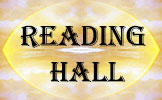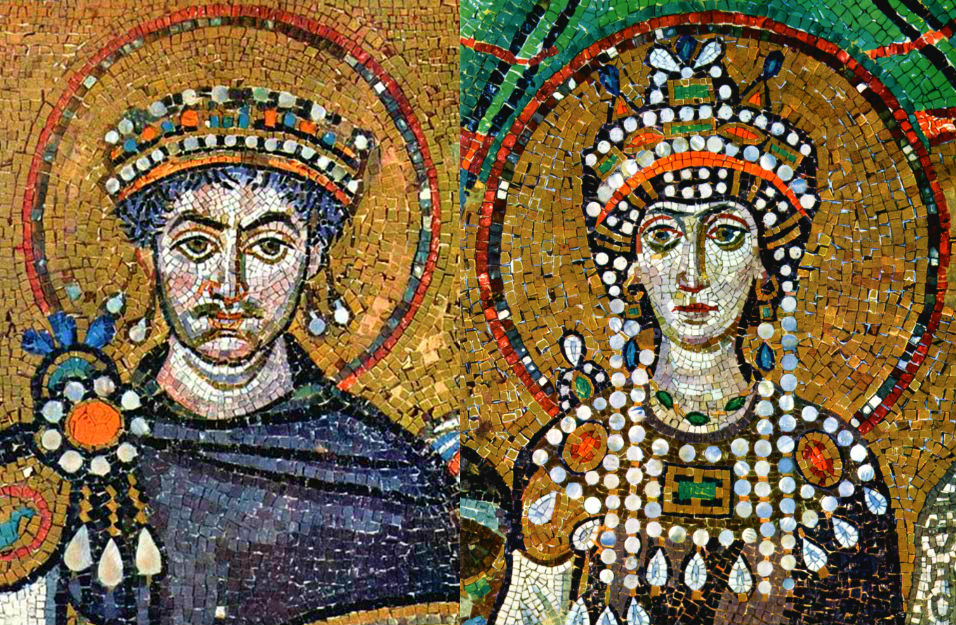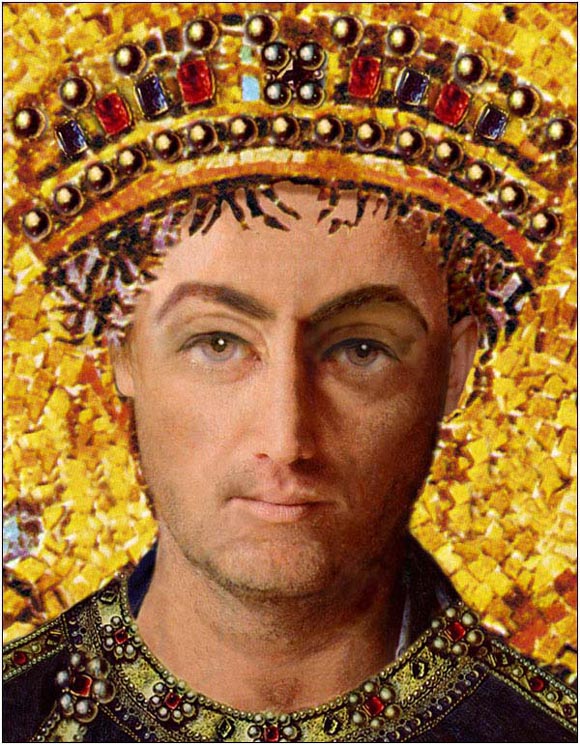

 |
 |
 |
 |
|||
|
||||
 |
THE birth and death of worlds are ephemeral events in a cycle of astronomical time. In the life history of a stellar system, of a planet, of an animal, parallel periods of origin, exuberance, and of extinction are exhibited to our experience, or to our understanding. Man, in his material existence confined to a point, by continuity of effort and perpetuity of thought, becomes coequal and coextensive with the infinities of time and space. The intellectual store of ages has evolved the supremacy of the human race, but the zenith of its ascendancy may still be far off, and the aspiration after progress has been entailed on the heirs of all preceding generations. The advancement of humanity is the sum of the progress of its component members, and the individual who raises his own life to the highest attainable eminence becomes a factor in the elevation of the whole race. Familiarity with history dispels the darkness of the past, which is so prolific in the myths that feed credulity and foster superstition, the frequent parents of the most stubborn obstacles which have lain in the path of progress.
The history of the past comprises
the lessons of the future; and the successes and failures of former
times are a prevision of the struggles to come and the errors to be
avoided. The stream of human life having once issued from its sources,
may be equal in endurance to a planet, to a stellar system, or even
to the universe itself. The mind of the universe may be man, who may
be the confluence of universal intelligence. The eternity of the past,
the infinity of the present, may be peopled with races like our own,
but whether they die out with the worlds they occupy, or enjoy a perpetual
existence, transcends the present limits of our knowledge. From century
to century the solid ground of science gains on the illimitable ocean
of the unknown, but we are ignorant as to whether we exist in the dawn
or in the noonday of enlightenment. The conceptions of one age become
the achievements of the next; and the philosopher may question whether
this world be not some remote, unaffiliated tract, which remains to
be annexed to the empire of universal civilization. The discoveries
of the future may be as undreamt of as those of the past, and the ultimate
destiny of our race is hidden from existing generations.
In the period I have chosen
to bring before the reader, civilization was on the decline, and progress
imperceptible, but the germs of a riper growth were still existent,
concealed within the spreading darkness of medievalism. When Grecian
science and philosophy seemed to stand on the threshold of modern enlightenment
the pall of despotism and superstition descended on the earth and stifled
every impulse of progress for more than fifteen centuries. The Yggdrasil
of Christian superstition spread its roots throughout the Roman Empire,
strangling alike the nascent ethics of Christendom, and the germinating
science of the ancient world. Had the leading minds of that epoch, instead
of expending their zeal and acumen on theological inanities, applied
themselves to the study of nature, they might have forestalled the march
of the centuries, and advanced us a thousand years beyond the present
time. But the atmosphere of the period was charged with a metaphysical
mysticism whereby all philosophic thought and material research were
arrested. The records of a millennium comprise little more than the
rise, the progress, and the triumph of superstition and barbarism. The
degenerate Greeks became the serfs and slaves of the land in which they
were formerly the masters, and retreated gradually to a vanishing point
in the vast district from the Adriatic to the Indus, over which the
eagle-wing of Alexander had swept in uninterrupted conquest. Unable
to oppose their political solidarity and martial science to the fanaticism
of the half-armed Saracens, they yielded up to them insensibly their
faith and their empire, and their place was filled by a host of unprogressive
Mohammedans, who brought with them a newer religion more sensuous in
its conceptions, but less gross in its practice, than the Christianity
of that day. But the hardy barbarians of the North, drinking at the
fountain of knowledge, had achieved some political organization, and
became the natural and irresistible barriers against which the waves
of Moslem enthusiasm dashed themselves in vain. The term of Asiatic
encroachment was fixed at the Pyrenees in the west, and at the Danube
in the east by the valorous Franks and Hungarians; and on the brink
of the turning tide stand the heroic figures of Charles Martel and Matthias
Corvinus. Civilization has now included almost the whole globe in its
comprehensive embrace; both the old world and the new have been overrun
by the intellectual heirs of the Greeks; in every land the extinction
of retrograde races proceeds with measured certainty, and we appear
to be safer from a returning flood of barbarism than from some astronomical
catastrophe. The mediaeval order of things is reversed, the ravages
of Attila reappear under a new aspect, and the descendants of the Han
and the Hun alike are raised by the hand, or crushed under the foot
of aggressive civilization.
In the infancy of human
reason intelligence outstrips knowledge, and the mature, but vacant,
mind soon loses itself in the dark and trackless wilderness of natural
phenomena. An imaginative system of cosmogony, baseless as the fabric
of a dream, is the creation of a moment; to dissipate it the work of
ages in study and investigation. Less than a century ago philosophic
scepticism could only vent itself in a sneer at the credibility of a
tradition, or the fidelity of a manuscript; and the folklore of peasants,
encrusted with the hoar of antiquity, was accepted by erudite mystics
as the solution of cosmogony and the proof of our communion with the
supernatural. An illegible line, a misinterpreted phrase, a suspected
interpolation, in some decaying document, the proof or the refutation,
was often hailed triumphantly by ardent disputants as announcing the
establishment or the overthrow of revelation. But the most signal achievements
of historic research or criticism were powerless to elucidate the mysteries
of the universe; and the inquirer had to fall back perpetually on the
current mythology for the interpretation of his objective environment.
In the hands of science alone were the keys which could unlock the book
of nature, and open the gates of knowledge as to the enigmas of visible
life. A flood of light has been thrown on the order of natural phenomena,
our vision has been prolonged from the dawn of history to the dawn of
terrestrial life, an intelligible hypothesis of existence has been deduced
from observation and experiment, idealism and dogma have been recognized
as the offspring of phantasy and fallacy, and the mystical elements
of Christianity have been dismissed by philosophy to that limbo
of folly which long ago engulfed the theogonies of Greece and Rome.
The sapless trunk of revelation lies rotting on the ground, but the
undiscerning masses, too credulous to inquire, too careless to think,
have allowed it to become invested with the weeds of superstition and
ignorance; and the progeny of hierophants, who once sheltered beneath
the green and flourishing tree, still find a cover in the rank growth.
In the turn of the ages we are confronted by new Pagans who adhere to
an obsolete religion; and the philosopher can only hope for an era when
everyone will have sufficient sense and science to think according to
the laws of nature and civilization.
The history of the disintegrating
and moribund Byzantine Empire has been explored by modern scholars with
untiring assiduity; and the exposition of that debased political system
will always reflect more credit on their brilliant researches than on
the chequered annals of mankind.
 |


 |
 |